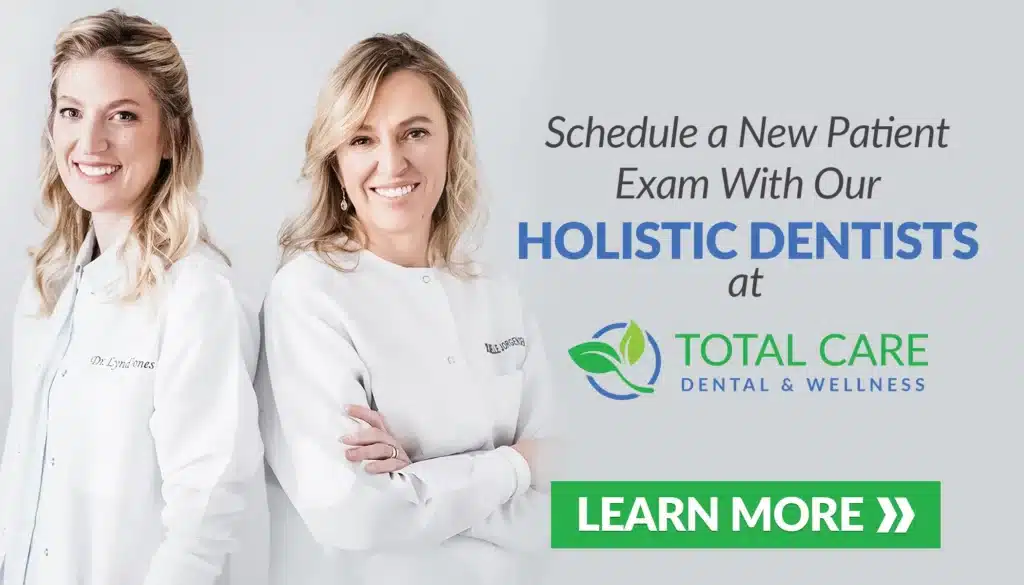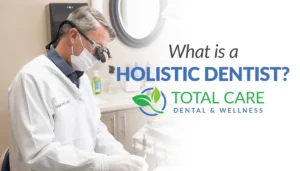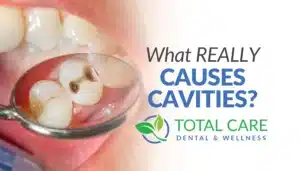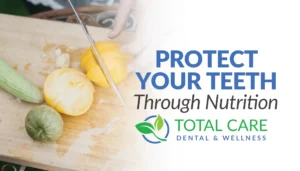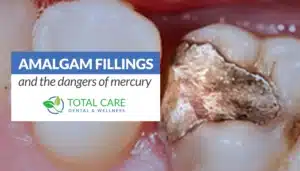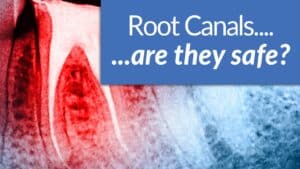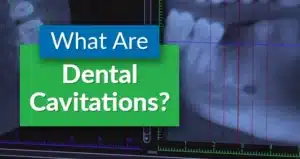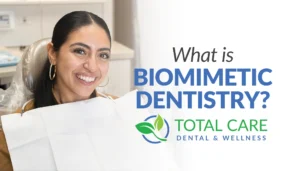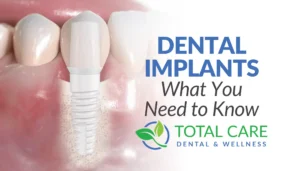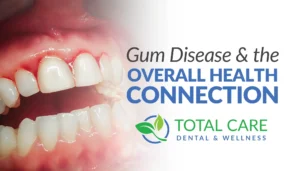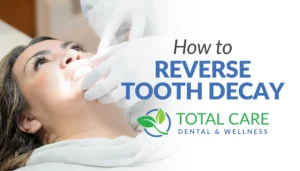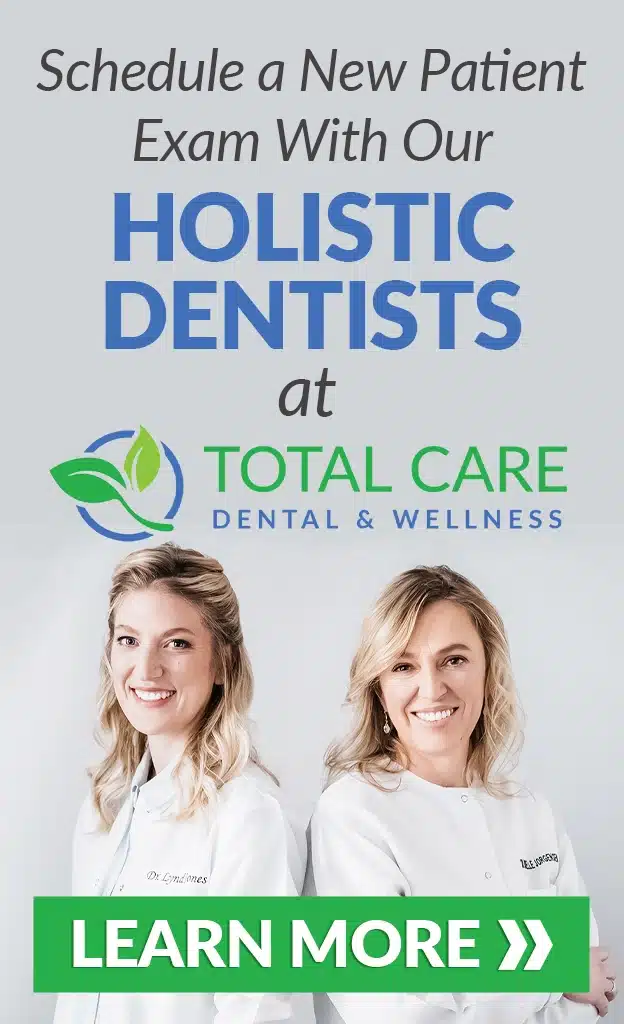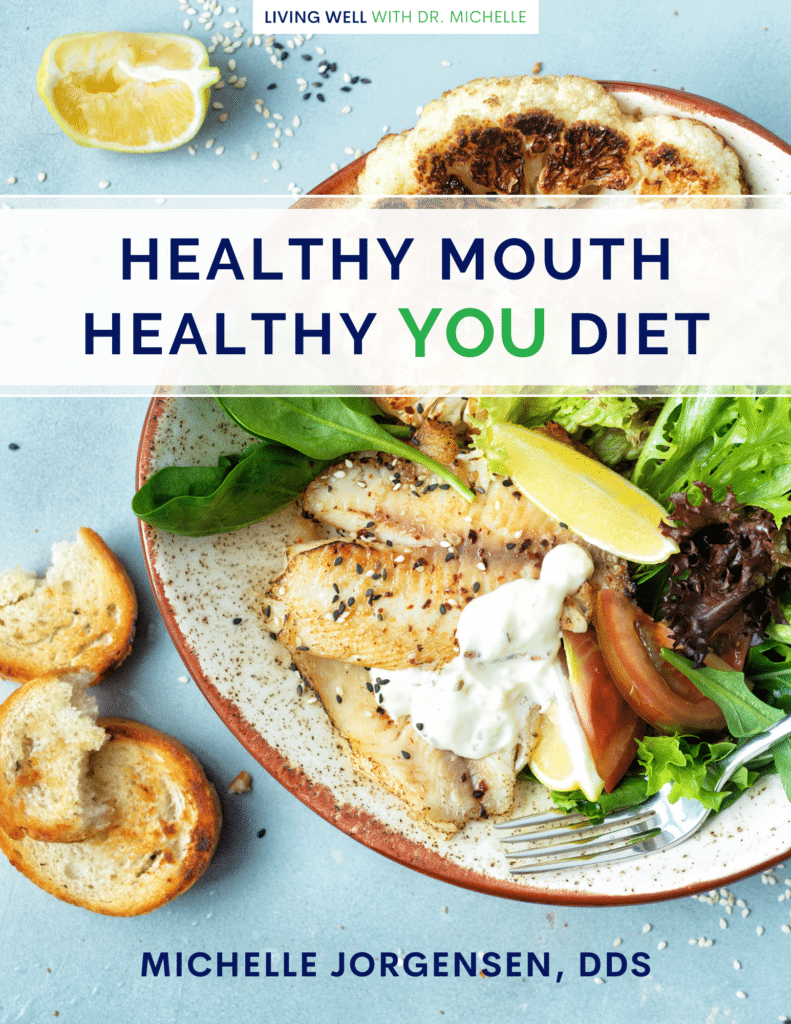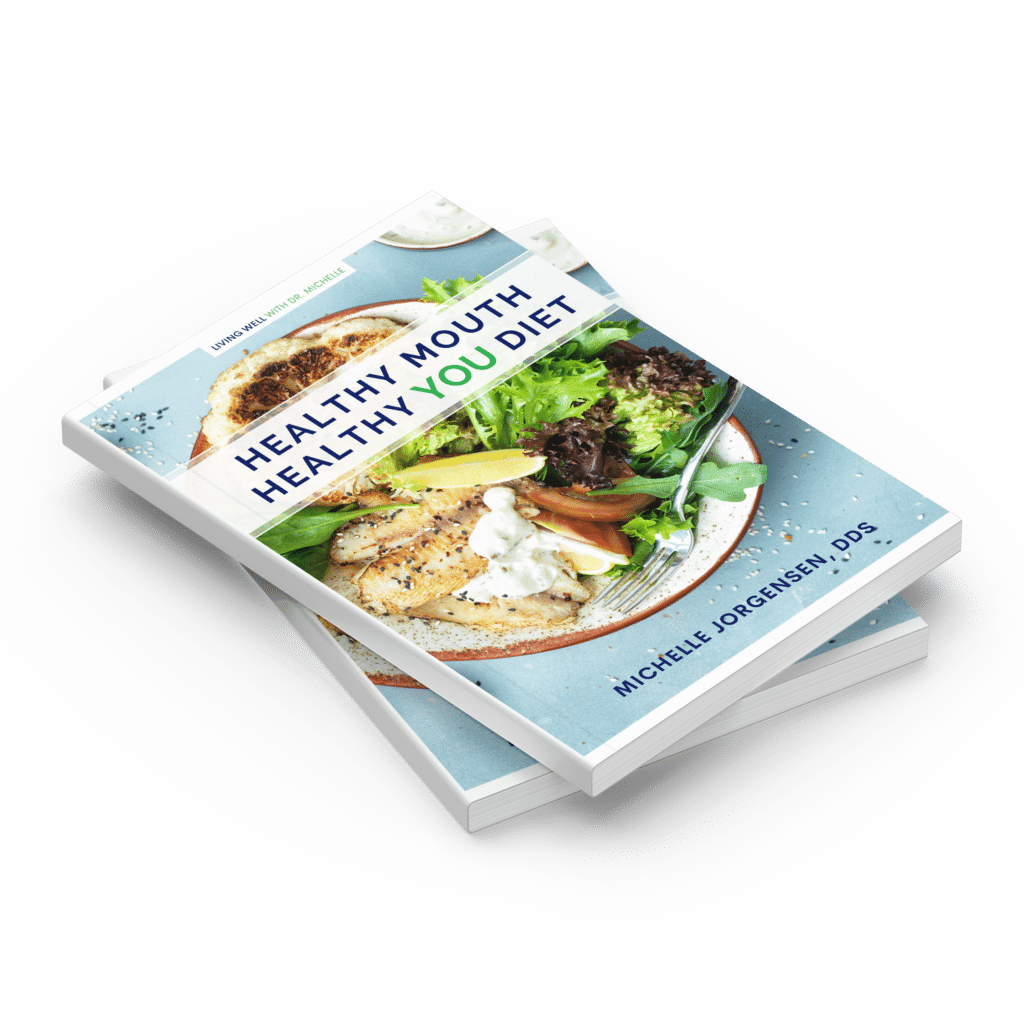chapter
02
What Actually Causes Cavities?
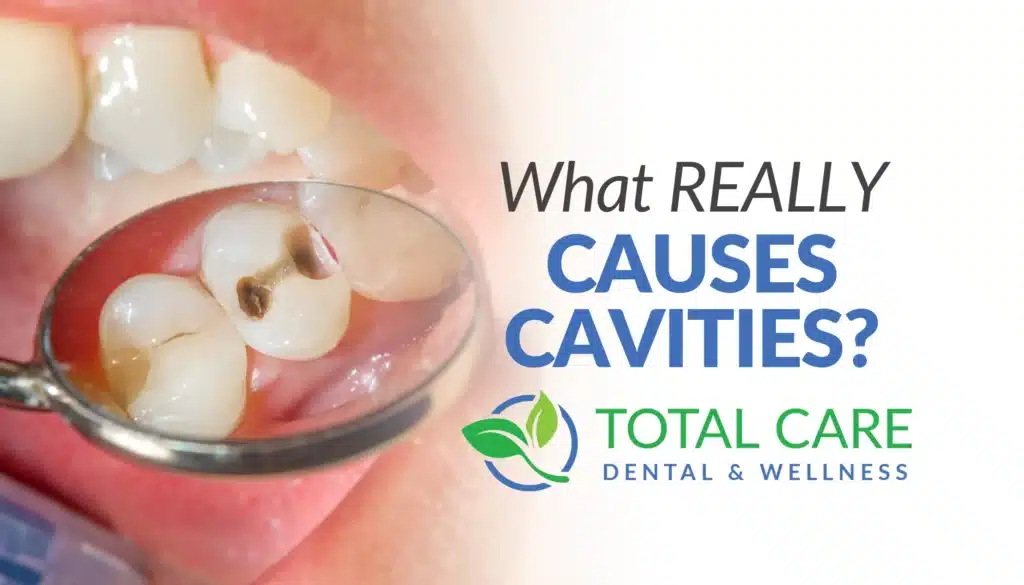
We’ve all been told the following by some dentist in our lives: Brush your teeth, stop eating sugar, and you won’t get cavities.
This isn’t wrong advice but it’s not the WHOLE story. In this article, we talk about what a cavity really is, the causes of cavities, and what the best practices are to prevent them.
What is a Cavity and Tooth Decay?
Think of your mouth as a battlefield, and your teeth as the soldiers you’re trying to protect. The acid and bacteria that build up in your mouth are the biggest enemies to strong teeth, leading to the process by which cavities form. If your mouth is acidic (from diet and overall health issues), that acid pulls minerals out of the enamel, leaving your teeth weak and vulnerable to further attack.
If enough minerals are pulled out (called demineralization), bacteria can
Travel through the enamel to the dentin
Dentin becomes infected
Once the infection starts, it is called dental caries or a “cavity”
Why There Are More Cavities Now Than Ever Before
There has been an upward trend in caries (cavities) since the 1990s. An article from the Centers for Disease Control in 2016 states that…
“Although dental caries are largely preventable, they remain the most common chronic disease of children aged 6 to 11 years and adolescents aged 12 to 19 years.
Tooth decay is four times more common than asthma among adolescents aged 14 to 17 years. Dental caries also affects adults, with 9 out of 10 over the age of 20 having some degree of tooth-root decay.”
Tooth decay has been increasing even though the U.S. spends over $20 billion on dental care annually.
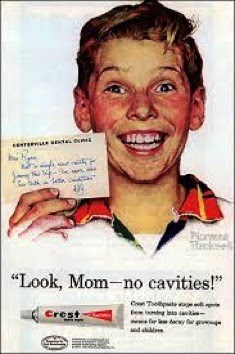
The last two generations have also been more “educated” on cavity prevention (through toothpaste commercials, billboards, and smartphone ads) than ever before. Yet a deep disconnect clearly exists here. We’re being told about cavity prevention more than ever, yet we’re not actually solving the problem!
Poor dental hygiene alone can’t be the cause for all of these cavities.
Let’s Take Cavity Prevention To A Vote!
In a 1940’s meeting of the International Association of Dental Research, the attendees wanted to end the debate over what causes cavities.
There were three heavily-researched theories that were debated, along with others. These theories were:
THE ACIDOGENIC THEORY

According to this theory, bacteria in your mouth are fond of sugar. Certain foods and drinks, such as bread, cereal, milk, soda, fruit, cake, or candy, provide a medium for cavity causing bacteria to produce acid as a waste product. When they eat sugar, they produce acid as a waste product. This acid dissolves the minerals in your tooth and you get a cavity.
THE DIET THEORY

Dr. Westin Price was a dentist that was frustrated with dental decay. He took 10 years to travel the world, looking for groups of people that had good dental health.
He studied those people and found consistent, common nutritional reasons for healthy teeth and mouths. Additionally, individuals with deep tooth crevices may be more susceptible to cavity development due to the ease with which bacteria and plaque can accumulate in these areas.
THE HORMONE THEORY
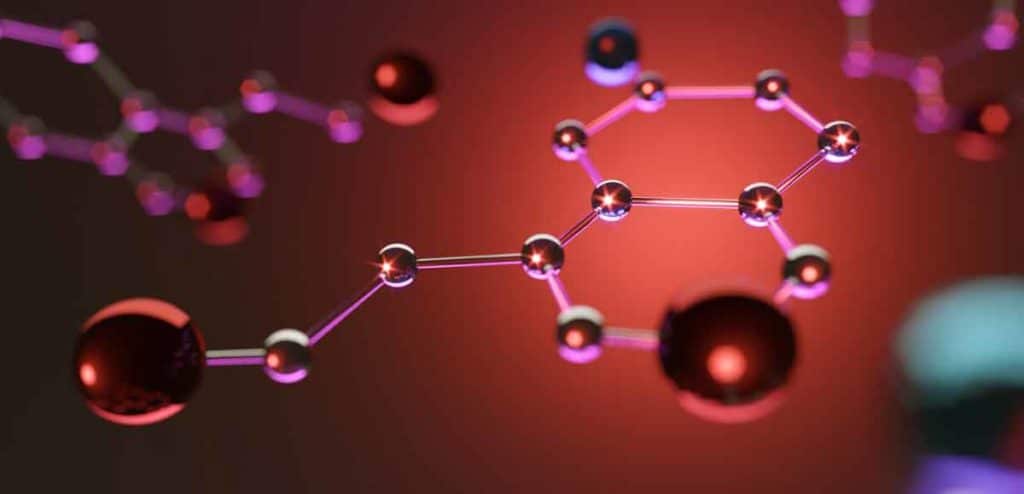
Dr. Melvin Page also researched dental decay and found that there is an internal fluid flow in teeth that naturally helps the tooth stay clean and healthy. This flow is controlled by hormones. When the hormones are not balanced, this fluid flow reverses and brings toxins into the tooth rather than out.
After evaluating the data for themselves, the majority of the attendees felt that the Acidogenic Theory (sugar + bacteria) was the most correct. This was adopted as fact, and that decision still holds strong today—despite evidence to the contrary.
I don’t think they were wrong in 1940, but they sadly were not completely right either.
In fact, there are multiple factors that contribute to tooth decay – my own years in practice (along with many other holistic dentists) have confirmed this.
Here’s an example from my own patients partly disproving the acidogenic theory: I often examine the teeth of an entire family at the same time. I’ll see a wife that recently gave birth, and she has five new cavities since I saw her last. Her husband secretly confides that he hasn’t flossed a day in his life, and he’s never had a cavity. Their children are a mixed bag—some with cavities and some without. They eat the same food and have similar dental care.
So, What Is The Difference?
There are volumes upon volumes of research about this, but I’m going to give you a simple version that will help you know how to prevent cavities in the future.
Don’t worry – the advice is all practical and you can start them as soon as today.
The Role Sugar and Dental Plaque Plays in Tooth Health
Sugar on the teeth is not what causes cavities…
You may need to read that again. You see, the sugar feeds certain damaging bacteria, and these bacteria create acid. It is the acid that dissolves and pulls the minerals out of the enamel, leading to cavities.
We all have bacteria in our mouths, and some live in that sticky plaque that makes your teeth feel “fuzzy.” Bacteria in itself isn’t necessarily a bad thing, because we need it to protect ourselves—but some bacteria also cause problems.
You can reduce the number of harmful bacteria (more on this later), but you can never get rid of all of them, nor should you want to.
If that plaque stays on your teeth, the bacteria multiply. If you feed them their favorite food–sugar–they will create acid which will dissolve your enamel. As you learned above, if enough minerals dissolve, you will get a cavity.
Dry mouth can contribute to tooth decay by reducing saliva, which helps wash away food and plaque. Maintaining good oral hygiene is essential to reduce the number of harmful bacteria and prevent cavities.
But again, this chain of events is not the entire story. Otherwise, the husband in the previous example would have had more tooth decay than his wife.
The Umbrella Effect and Cavity-Resistant Teeth
Picture an umbrella in your mind right now. Imagine it’s a rainy day and the water is beading up on the surface. If the umbrella is doing its job and is made of strong enough material, the rain doesn’t soak in It is water-resistant.

If your tooth enamel is full of minerals, it becomes “cavity-resistant” like a strong umbrella is water-resistant. Strong enamel is crucial to prevent tooth decay and maintain healthy teeth.
In fact, if your tooth enamel is strong and healthy, what you put in your mouth–sugar or not–will not have as much effect. It’s just another raindrop that beads up but doesn’t stick around.
My younger brother taught me the truth behind this. During his teenage years, he had new-fangled “white braces” put on his teeth.
He rarely brushed—so those white braces became orange braces, green braces; the color matched the meal.
Funny thing was, he never got cavities around those braces. If cavities are always caused by bacteria and plaque on your teeth, he would have had a mouthful.
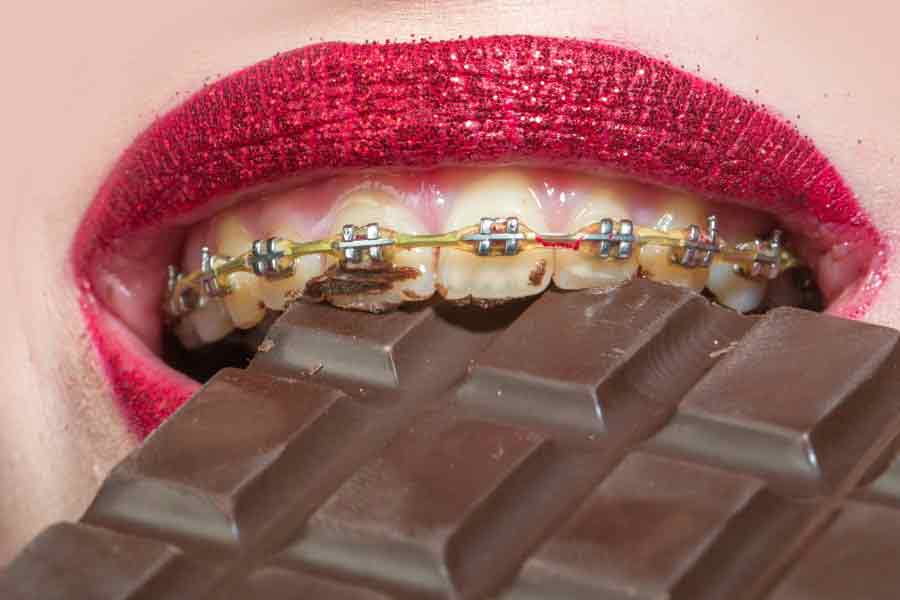
What protected his teeth?
His teeth were cavity-resistant. His enamel was healthy. He was rich in the proper minerals needed to protect his teeth from cavities.
This has everything to do with those miles of tubes in your teeth. Your teeth are fed from the inside through blood vessels in the center pulp layer of the tooth. Those blood vessels send nutrients to the pumping cells, the odontoblasts, which pump them through the dentin tubules to the enamel above.
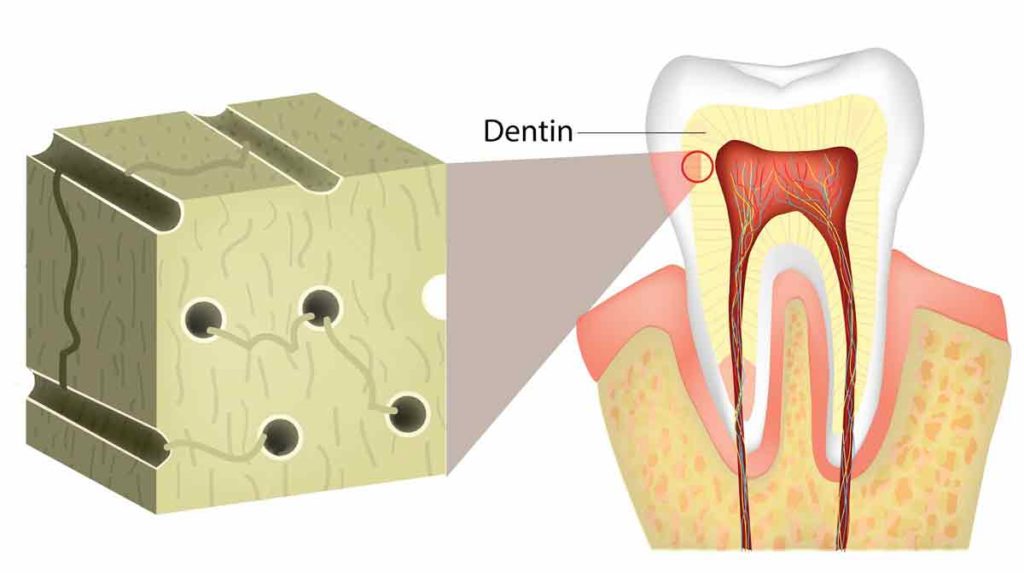
If you feed your body and teeth the right nutrients, your body will protect itself by using those nutrients to strengthen the teeth.
What are those nutrients?
You will find this information in much more detail in Chapter Five– Nourish The Inside.
Hormones and Tooth Health
Lauren’s Story
Lauren visited my office for a second opinion. While away at college, she saw a dentist for a cleaning and was told she had 16 cavities. Lauren’s mother insisted that she should get a second opinion from me to make sure the other dentist wasn’t trying to trick her into spending more.
I took new dental x-rays and told her my findings. She didn’t have 16 cavities—she had 17.

Sharon’s Story
Sharon never had a cavity until she had children. The first baby led to five cavities and fillings, the second to another four, and a toothache, and she was nervous about what a third pregnancy would do to her dental health.
Despite taking meticulous care of her teeth, she continued to have dental problems until she visited my office.

Jerry’s Story
Jerry always had great teeth, until he had a heart attack. Soon after that, he started noticing dark, sensitive areas along the gumline of his teeth. He came for a checkup and I diagnosed those dark areas as rapidly growing cavities.
All of these people have something in common—they have tooth decay that isn’t caused by sugar.
Another Cause of Cavities: Hormones
Women who are expecting, teenagers who are growing, and people suffering from chronic illness all share increased risk for tooth decay. What is the connection?
Hormones.
Dr. Melvin Page and other researchers found that when our hormone-secreting glands are out of balance, teeth start to decay. The American Dental Association recommends regular dental check-ups and proper oral hygiene practices to mitigate the effects of hormonal changes on oral health.
Let me explain how this works.
We already learned about the tubules inside your tooth and the cells (odontoblasts) that live at the end of each of those tubes. Those odontoblasts pump fluid up and through the dentin and enamel.
This fluid is like lymphatic fluid, and it cleans the tooth from the inside out. It repels plaque and bacteria, food and debris on the tooth.
It’s like having a toothbrush on the inside. Amazing, right?
When hormones are out of balance, however, this system reverses. The fluid draws the bacteria and debris into the tooth and this leads to tooth decay.
There are natural causes for hormonal imbalance, including
Pregnancy
Teenage puberty
Menopause
and male hormone decline.
There are also unnatural causes like
Prescription drugs
Environmental hormone disrupters (some foods, EMF wavelengths, etc.)
And having a diet high in white sugar and flour
Summary
To summarize, there are many things that lead to tooth decay, but here are the three main players:
1. The bacteria on your teeth consume sugar and leave acid behind. This acid dissolves and weakens the enamel, letting more bacteria in.
2. Your teeth experience nutritional deficiencies and therefore become weaker, ultimately making them more susceptible to this acid attack.
3. Your hormones are out of balance causing your tooth’s inner fluid flow to reverse and reversing the body’s natural process of decay prevention..
If you fit one or more of these descriptions, do not despair!
Please keep reading the upcoming chapters where we discuss:
- How To Consistently Remove The Bacteria Off the Teeth
- How To Strengthen The Teeth Through Diet
- How To Balance Your Hormones To Make Your Teeth Resistant To This Hormonal Challenge
Read Chapter 3 where we discuss how you can “heal your teeth” and protect your teeth through nutrition!
Schedule Your New Patient Exam With Total Care Dental & Wellness
With a comprehensive exam, you’ll receive:
- A low dose cone beam 3d Dental Xray (CBCT)
- Tooth Xrays
- Dental photographs
- A comprehensive gum exam with an intraoral scan
- A comprehensive oral exam by a Total Care Doctor
- Jaw joint exam
- Oxygen, Sleep, and Airway Evaluation
You will leave the appointment with a report of findings and treatment recommendations from your doctor and care coordinator. Finances, scheduling, and other instructions will also be provided.

